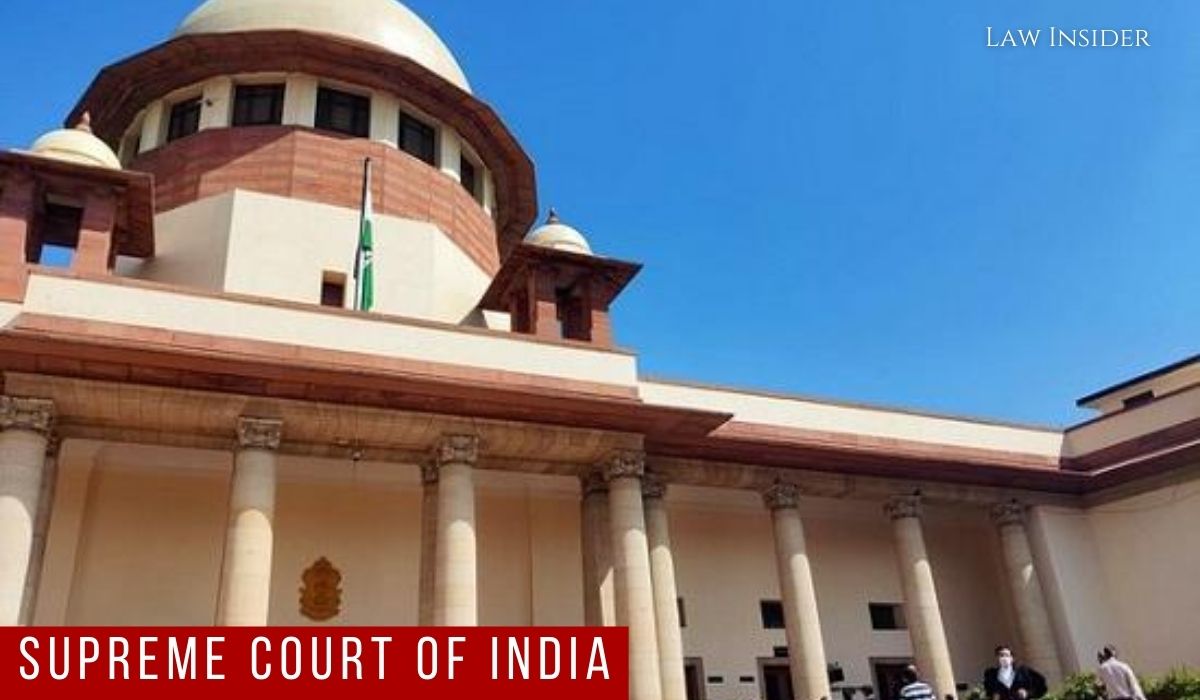Khushi Bajpai
Published on: October 6, 2022 at 22:35 IST
The Center has argued in favor of the Universal Code of Pharmaceutical Marketing Practices (UCPMP) before the nation’s apex court, claiming that the structure in place to check on drug companies’ marketing strategies is effective.
In a submission to the Supreme Court, N Yuvraj, Joint Secretary of the Department of Pharmaceuticals, claimed that the investigation report from the Indian Pharmaceutical Alliance (IPA) cleared Micro Labs, the manufacturer of the Dolo-650, of charges of bribing doctors with gifts worth Rs. 1,000 crore.
In an investigation report submitted to the National Pharmaceutical Pricing Authority (NPPA), the IPA, whose members make up about 80% of India’s exports and 60% of the domestic pharmaceutical market in India, stated that “it is clear that Rs. 1,000 crore expenditure on single brand Dolo-650 on freebies in one year is not correct” after speaking with the company’s management.
In accordance with the Uniform Code of Pharmaceutical Marketing Practices, the National Pricing Authority had requested that the IPA look into the situation. A three-person internal committee looked into the situation.
The Federation of Medical and Sales Representatives Associations of India (FMRAI) appeal, according to the Centre, “gives the mistaken impression that the existent legislative environment is insufficient and inadequate to safeguard the citizens from unethical marketing tactics by pharmaceutical companies.”
The Centre claims that the IPA investigation demonstrates the UCPMP’s effectiveness.
It said that the DoP and the NPPA have examined the voluntary code’s application in various situations.
The Indian Medical Council Professional Conduct, Etiquette and Ethics Regulations, 2002 under the Indian Medical Council Act, 1956, were also mentioned.
These regulations forbid doctors and other medical professionals from engaging in unethical behavior when dealing with the pharmaceutical industry, such as accepting gifts, free travel, hospitality, cash, etc.
According to paragraph 8 of the UCPMP, the NPPA has actually created a proforma for providing quarterly reports on complaints received and actions taken by industry associations.
The FMRAI has submitted a petition to the SC asking the court to order the government to give the UCMCP (Code) a legal foundation and make it effective by establishing a monitoring system, upholding accountability and transparency, and enforcing penalties for infractions.
August saw a court appearance.
In response, the government established a five-person committee in September under the direction of V K Paul, Member (Health) of NITI Aayog, to propose a “legally enforceable” system for controlling pharmaceutical companies’ marketing strategies.
In 90 days, the committee will turn in its report.
The four other members of the “high level” committee are S Aparna, Secretary in the Department of Pharmaceuticals (DoP), Rajesh Bhushan, Secretary in the Ministry of Health and Family Welfare (MoHFW), Nitin Gupta, Chairman of the Central Board of Direct Taxes (CBDT), and a Joint Secretary (Policy) from the Department of Personnel (DoP). Paul will serve as its Chairman.
According to the memo, the committee may consult with members of the law department as needed. It will look at the regulations that government agencies have put in place to control pharmaceutical marketing strategies and coordinate measures for execution by the healthcare sector.
The UCPMP codifies the dos and don’ts for promoting drugs and the function of medical representatives, according to Ramesh Sundar, President of the Federation of Medical & Sales Representatives Association of India, who complained that the government is taking its time putting it into action.
Organizations from the civil community want a statutory UCPMP.
All India Drugs Action Network (AIDAN) Co-Convenor Malini Aisola has opposed self-regulation by business associations like the Indian Pharmaceutical Alliance and urged for changes to the Medical Council of India’s code of ethics.
“Firms should periodically make public the “fees” paid to various healthcare professionals for various “services” and should do so in a transparent manner. This one action would significantly deter businesses from participating in misconduct”, according to Aisola.
After reviewing the Center’s response, the FMRAI will submit its response to the SC.

